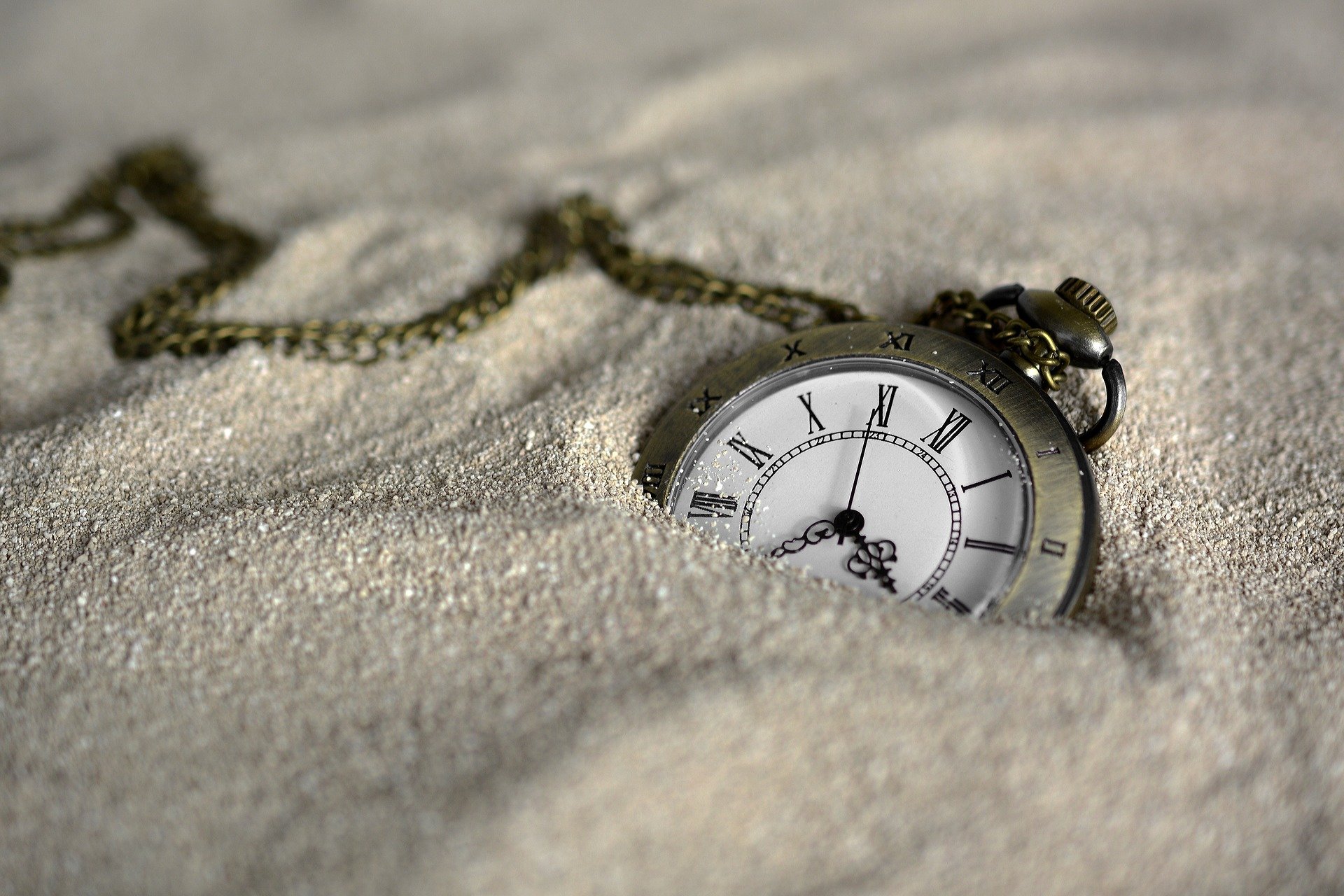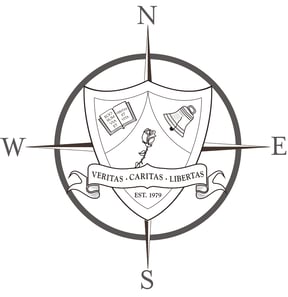
Let’s admit it: most of us have a bad relationship with time.
That’s what I told the junior class during a recent discussion. We never have enough of it. It moves too fast or too slow. The weekend races by, but that meeting we don’t want to be in creeps along at an agonizing pace.
Changing our relationship with time is
First, what would you do if you had “more time”? I like to think I would spend that time reading or exercising or serving in my community. But if those things are important to me, do I have to wait until I magically find an extra two hours?
As I told the
In her article “Are You As Busy As You Think?” time management expert Laura Vanderkam writes:
Instead of saying ‘I don't have time’ try saying ‘it's not a priority,’ and see how that feels. Often, that's a perfectly adequate explanation. I have time to iron my sheets, I just don't want to. But other things are harder . . . ‘I don't go to the doctor because my health is not a priority.’ If these phrases don't sit well, that's the point. Changing our language reminds us that time is a choice. If we don't like how we're spending an hour, we can choose differently.
When we engage in activities that are meaningful, we feel better about how we have spent our time . . . or more accurately, how we are living our lives.
As psychologist Susan David reminds us, “To make decisions that match up with the way you hope to live going forward, you have to be in touch with the things that matter to you.”
Drawing on this, the juniors and I sat together quietly and responded to these questions in writing:
-
What do I want my life to look like?
-
Deep down, what matters most to me?
-
What relationships do I want to build?
-
What do I want to learn how to do -- or how to do better?
-
What brings me real joy?
-
What is one thing I did today that felt worth my time?
It only took 15 minutes, but I’ve reread that page in my journal a half dozen times in the last week because my responses feel so grounding and clarifying. They evoke a sense of purpose and peace. Putting this on paper reminded me that being present with my children, writing, engaging in deep work, and connecting with friends and family feed my soul. Knowing that, how am I scheduling my week?
Vanderkam says that in her research, most people are terrible at estimating how they spend their time. For example, CEO’s who claim to work 75 hour weeks tend to be off by about 25 hours!
I’m not claiming life isn’t busy -- sometimes painfully so. Yet look at this math. We all have 168 hours per week. Let’s say we spend 50 hours a week at work/commuting and 8 hours a night sleeping . . . that still leaves 62 hours in a week. If reading is really important to me, can I spend two of those 62 hours lost in a good book? If exercise helps me focus and improves my health, can I find one hour (20 minutes, 3x a week) to get my heart pumping?
Finding time is easier when I remind myself: This activity matters to me. It is a priority. It aligns with
Because these small moments of time add up to a life well spent.





